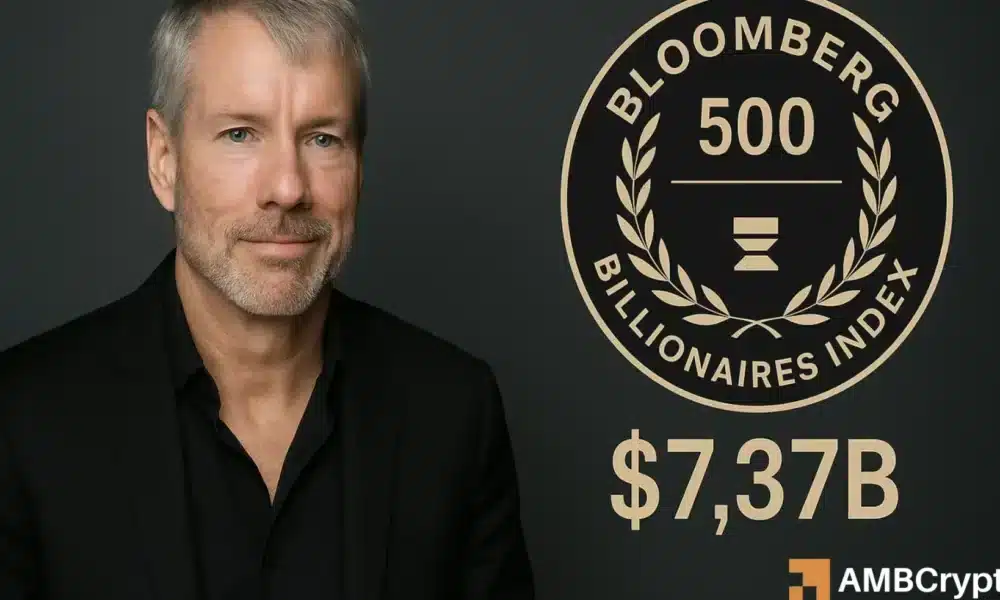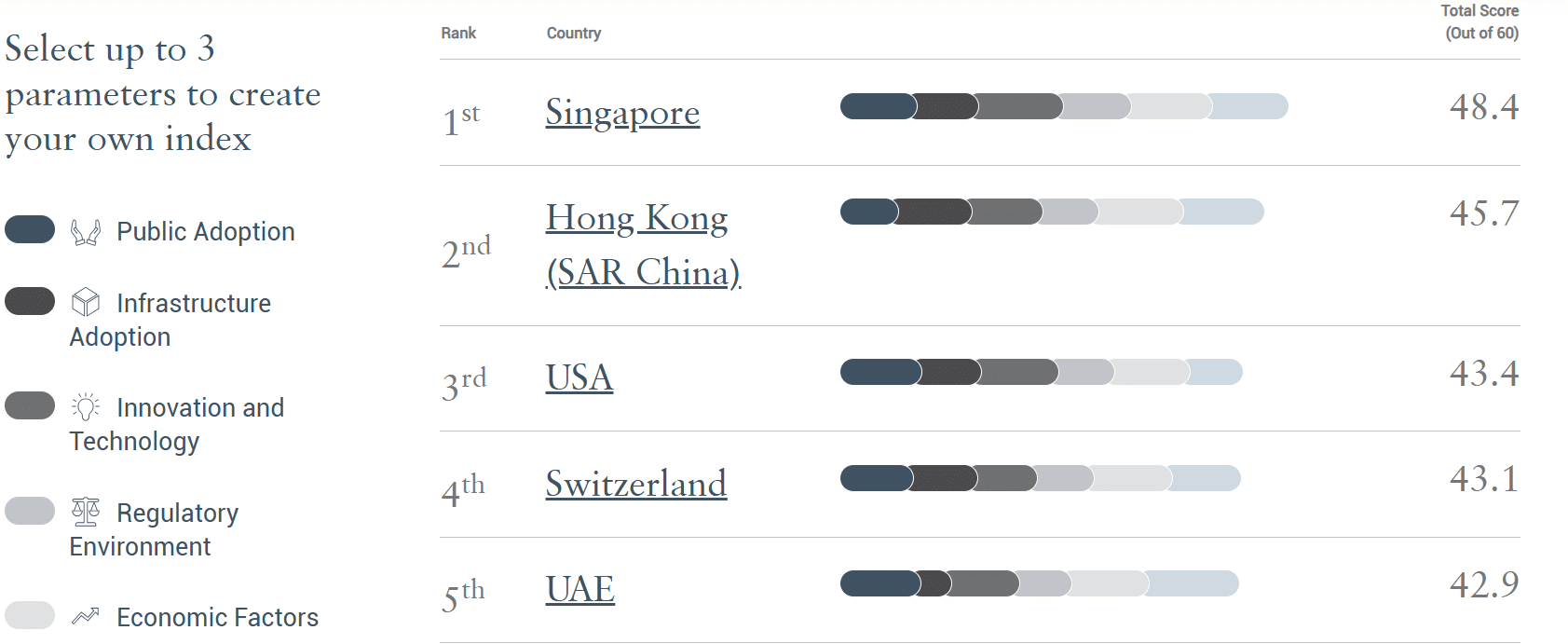How Michael Saylor’s Bitcoin Bet Turned Him Into a Bloomberg Billionaire—and What It Means for Investors Today
So, picture this: Michael Saylor, the brains behind Strategy Inc. (yes, the company formerly known as MicroStrategy), has just catapulted himself onto the Bloomberg Billionaire 500 list, boasting a net worth of $7.37 billion. It’s the kind of financial leap that makes you wonder—is there an unsung wizard behind those Bitcoin stashes? With Strategy Inc. holding the heftiest pile of publicly traded Bitcoin, and Saylor’s personal fortune swelling by a cool billion dollars this year alone, the chatter isn’t just about his explosive wealth—it’s about whether this crypto titan’s company might soon snag a coveted spot in the S&P 500. But here’s a thought: can a business so deeply tethered to the wild waves of Bitcoin actually thrive amid the traditional giants? Intriguing, right? Buckle up as we unravel the forces propelling Saylor’s meteoric rise and what it means for the future of crypto in corporate America. LEARN MORE

Key Takeaways
Michael Saylor’s Strategy Inc., loaded with Bitcoin, has pushed his net worth to $7.37 billion, sparking talks of possible S&P 500 inclusion.
Strategy’s (formerly MicroStrategy) co-founder and executive chairman Michael Saylor has once again made headlines, this time for joining the ranks of the world’s wealthiest individuals.
His fortune has swelled by $1 billion since the beginning of the year, securing him a debut spot on the Bloomberg Billionaire 500 Index.
Ranked 491st, Saylor’s net worth now stands at an estimated $7.37 billion, marking a 15.8% increase year-to-date.
Bloomberg’s data reveals that around $650 million of his wealth is held in cash, while the lion’s share, roughly $6.72 billion, is tied to his stake in MicroStrategy.
Details of Saylor’s wealth breakup
The bulk of Saylor’s wealth remains tied to Strategy Inc., the Bitcoin [BTC] treasury company he co-founded and transformed into a corporate giant synonymous with crypto accumulation.
Bloomberg reports that Strategy holds the largest publicly traded Bitcoin stash, which grew from 580,000 tokens valued at roughly $60 billion in May 2025 to an astounding 629,376 BTC by August.
Saylor personally owns about an 8% stake in the company, including 19.6 million Class B shares and 382,000 Class A shares, according to Strategy’s 2025 proxy filing.
Although Saylor disclosed owning 17,732 BTC in an X post in October 2020, Bloomberg excludes these assets from his billionaire wealth calculation because independent verification of his current holdings is unavailable.
He reports cash reserves of approximately $650 million, mainly from selling more than $410 million worth of MicroStrategy stock in 2024.
Bloomberg adjusts these proceeds, along with dividends, for taxes and market fluctuations to estimate his latest net worth.
MSTR stock performance
Meanwhile, MSTR stock climbed 2.53% in the last 24 hours to $335.87, though it fell 16.45% over the past month, according to Google Finance.
Year-to-date, the stock has gained nearly 12%, highlighting the volatility of a company whose balance sheet depends heavily on Bitcoin’s price movements.
Additionally, Strategy’s $14 billion unrealized gain has sparked speculation about potential S&P 500 inclusion, which could prompt passive funds to purchase nearly $16 billion in shares.
Although the company meets key eligibility criteria, its reliance on Bitcoin, fundraising swings, and sector considerations leaves no guarantees.
Still, with a $90 billion market cap and active trading, Strategy remains a strong contender, marking a potential milestone for Saylor and the mainstream adoption of crypto.
Should Tesla learn from Saylor?
In contrast to Saylor’s relentless accumulation, Tesla approaches Bitcoin more cautiously and opportunistically.
The automaker grabbed headlines in 2021 with its $1.5 billion purchase and briefly accepted Bitcoin for payments, but then backtracked over environmental concerns.
This reversal rattled markets and showed how corporate decisions can influence Bitcoin’s trajectory.
By mid-2022, Tesla sold roughly 75% of its holdings, securing nearly $1 billion in liquidity.
Musk maintained that the move aimed to strengthen cash reserves rather than abandon Bitcoin, highlighting the stark contrast between Saylor’s unwavering conviction and Musk’s pragmatic flexibility.



















Post Comment